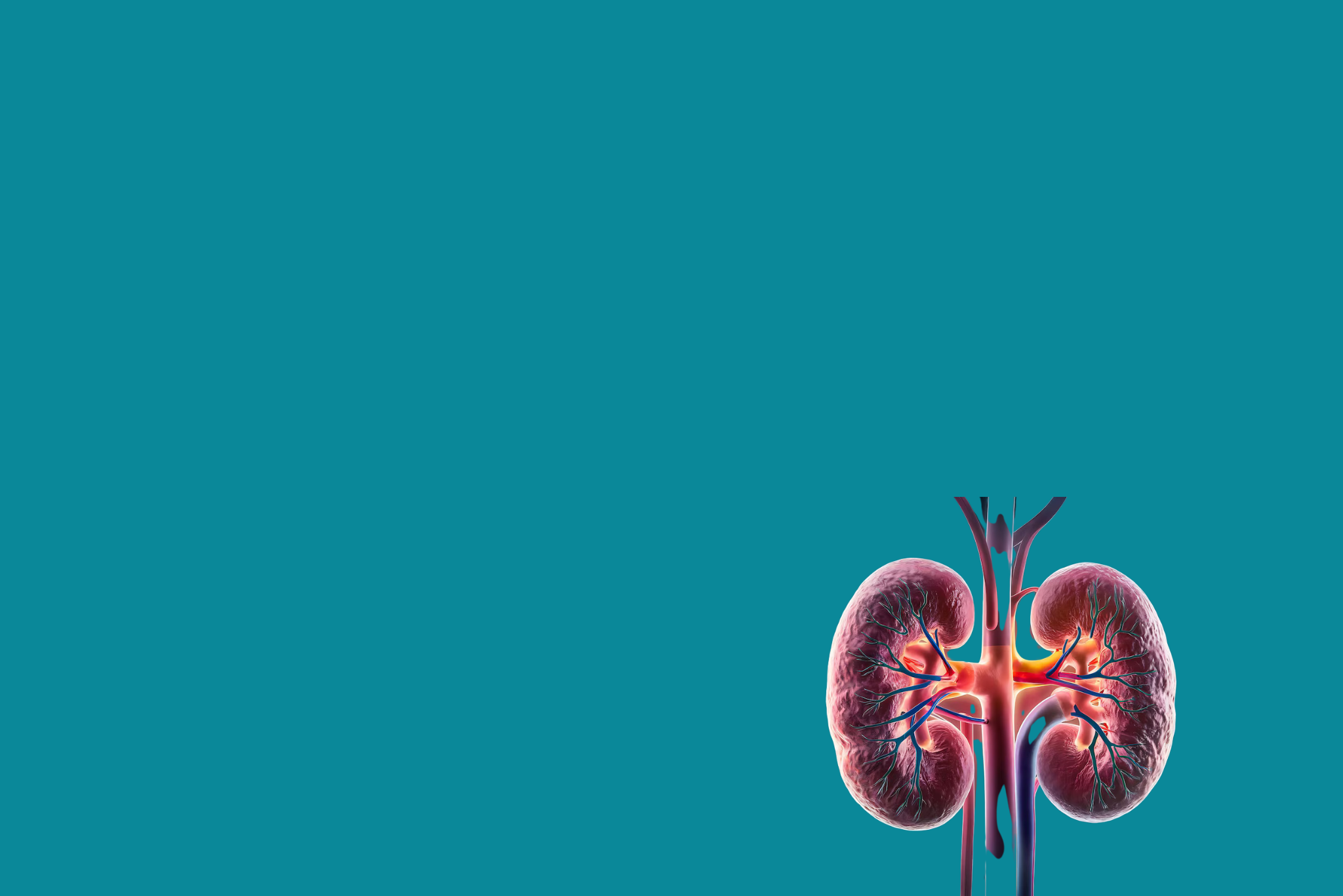Acute Kidney Injury (AKI)
Acute Kidney Injury (AKI) is a sudden and rapid loss of kidney function, typically occurring over a few hours to days. This condition impairs the kidneys’ ability to filter waste products, balance fluids and electrolytes, and maintain proper acid-base levels in the body. AKI is often triggered by factors such as severe dehydration, blood loss, infections, drug toxicity (especially from certain antibiotics or contrast dyes), or reduced blood flow to the kidneys due to heart failure or sepsis. It can also occur after major surgeries or trauma. Patients may experience reduced urine output, swelling, fatigue, confusion, nausea, and in severe cases, life-threatening imbalances in blood chemistry.
Early diagnosis through blood tests (such as serum creatinine and blood urea nitrogen) and urine output monitoring is critical for prompt treatment. Management involves identifying and addressing the underlying cause, restoring adequate hydration and circulation, stopping nephrotoxic medications, and sometimes initiating temporary dialysis to support kidney function. Although AKI can be reversible with timely intervention, it may lead to long-term kidney damage or increase the risk of developing chronic kidney disease in the future.
Chronic Kidney Disease (CKD)
Chronic Kidney Disease (CKD) is a progressive and irreversible condition in which the kidneys gradually lose their ability to function effectively over months or years. The most common causes of CKD include long-standing diabetes, hypertension, glomerulonephritis, and polycystic kidney disease. In its early stages, CKD may not produce noticeable symptoms, but as the disease progresses, waste products and excess fluids begin to build up in the body, leading to fatigue, swelling in the legs, nausea, loss of appetite, difficulty concentrating, and high blood pressure.
When kidney function declines to a critical level—known as end-stage renal disease (ESRD)—dialysis becomes necessary to perform the vital functions that the kidneys can no longer manage. Dialysis is a life-sustaining treatment that helps remove waste, excess fluid, and toxins from the body, and it can be performed either through hemodialysis (using a machine and a vascular access site) or peritoneal dialysis (using the lining of the abdomen to filter blood).
Patients with ESRD often require dialysis multiple times a week unless they are eligible for a kidney transplant. Managing CKD involves strict control of blood pressure, blood sugar, and lifestyle factors, along with regular monitoring and support from a nephrologist. Early detection and treatment can slow the progression of CKD and improve quality of life.

